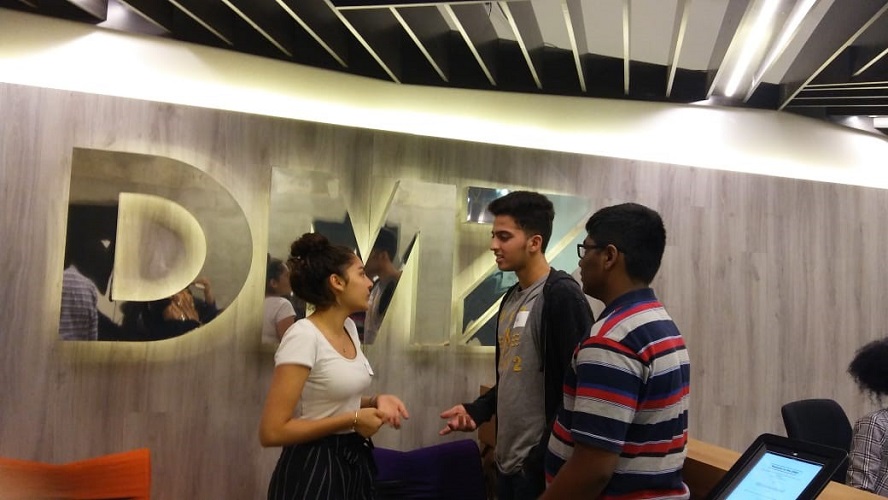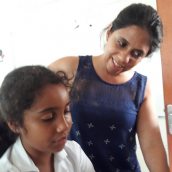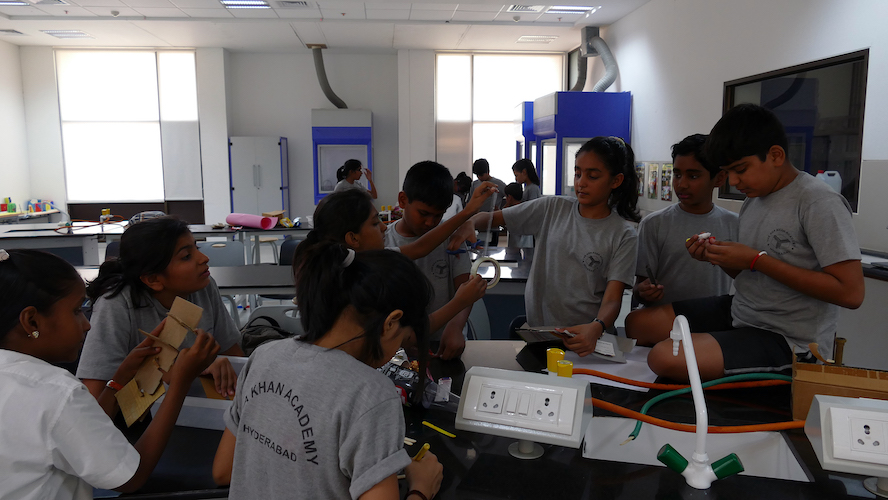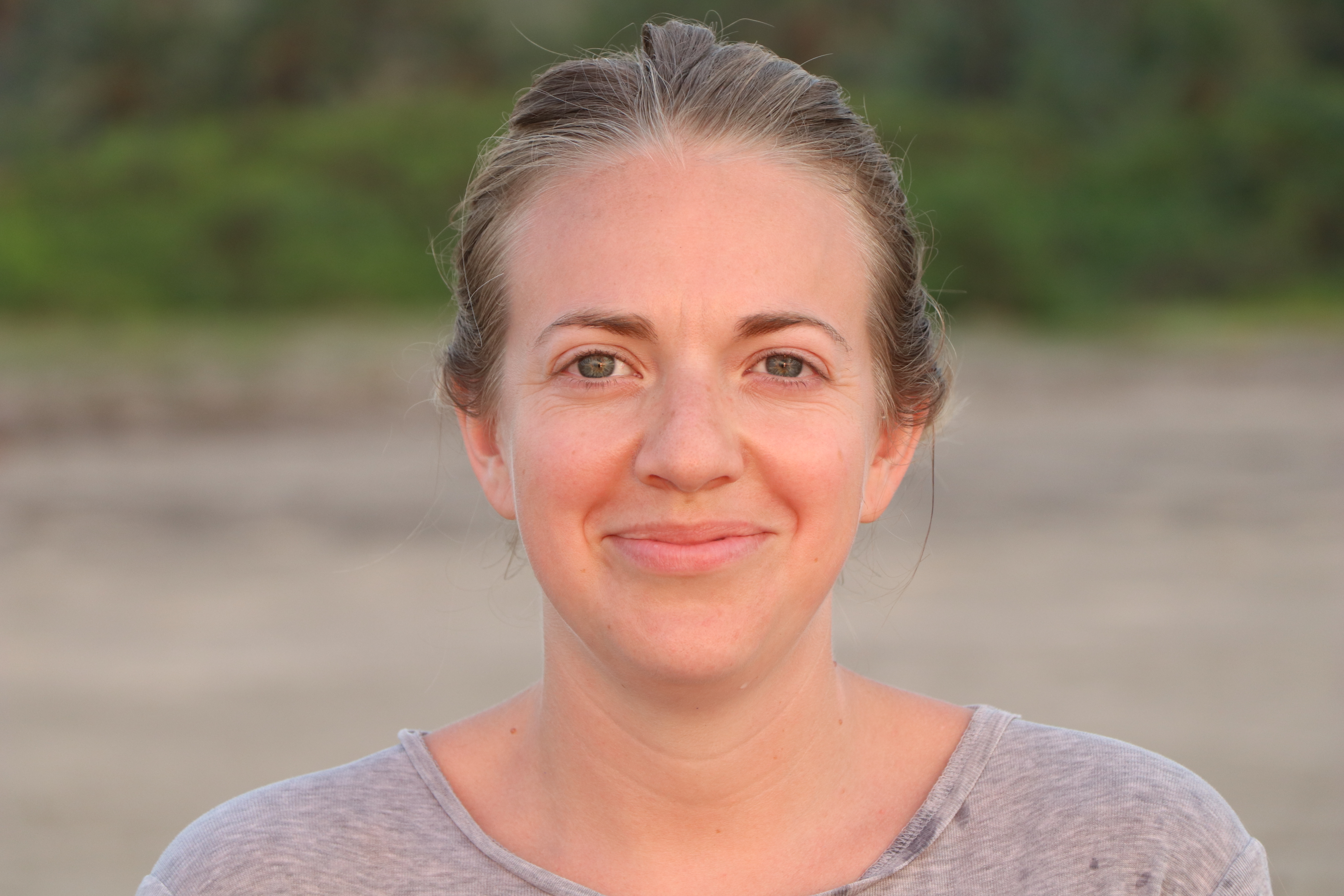Nuala Alibhai: Enriching educational and social programmes at the Academy
“The Academy through the International Baccalaureate curriculum has earned a positive reputation for its pluralistic approach, providing a holistic learning environment, developing leaders and achieving educational excellence.”
Nuala Alibhai is the Learning Student Support Coordinator for junior and senior schools at the Aga Khan Academy Mombasa. In this role, she works in collaboration with the Academy’s Principals to develop on-going systems of support for the student community. This includes providing leadership, management and advice on inclusion within the school to develop a differentiated programme that both challenges and meets the needs of students. She also ensures that the Student Support Unit effectively identifies students with any needs for additional support need, including gifted and talented, as well as vulnerable students.
She was born in Kenya where she acquired her basic education. She obtained her undergraduate degree from University College London as Speech and Language Therapist. Later she pursued her Masters in Inclusive Education, at the University of the West of Scotland where she completed her research in inclusive education at the early years level.
At the Aga Khan Academy Mombasa, Nuala works on a Value-based Education Programme, as a Curriculum Designer, through the Professional Development Centre at the Academy. She came to the Academy with a diverse background in inclusive education at a school, community and public policy level. “I was keen to apply this knowledge and skills within a mainstream school setting, to enable every student to achieve and succeed in school, career and life,” she remarks.
It has been Nuala’s endeavour to improve social outcomes through strategic planning and capacity building at the local government and community level. She is also passionate about designing and developing alternative educational programmes for vulnerable children, in order to ensure that they realise their full potential, so they can succeed in life as dignified equals. She has achieved both of these objectives by working for the past 15 years as a speech and language therapist and as an educational consultant in both the private and public sectors in Kenya and the UK.
Since September of 2016, Nuala has been with the Academy and appreciates how the Academy has provided her with opportunities to develop her teacher training skills and curriculum development skills. Nuala says, “I enjoy working with teachers who bring their hands on experience in the classroom and subject relevant knowledge to the table so we can enrich the educational and social programmes at the Academy.”
When asked what led her to choose a career in teaching, Nuala replies, “Karma! I started my career as a health professional but on my return to Kenya, I was sought after to do training, policy work and change management in the education sector. As my experience and confidence in the area grew, I began specialising in education. I have always seen myself working with children, so education was also an attractive choice.”
According to Nuala, the International Baccalaureate (IB) curriculum and the Aga Khan Academy strands set the Academy apart from other educational institutions. “It is one of the few schools in Kenya that offers the IB curriculum, which I consider to be the gold standard in education because of its holistic approach, academic rigor and emphasis on community service. The strands are added dimensions that help students make better sense of themselves, others, the world around them and the interconnectedness of all these elements.”
In terms of ensuring a climate of pluralism on campus where students from different racial, ethnic and faith backgrounds work together, Nuala feels the pluralism strand is already integrated into the lessons in the classroom, extracurricular activities after school and during out of school activities. “Collaboration skills are one of the approaches to teaching and learning, so students are exposed to activities that encourage and enable them to work with others who are different from them and have different opinions than them. They are encouraged to listen to others respectfully and consider their perspectives. This builds communication skills and empathy in students. These skills are then transferred to the student’s day-to-day interactions and not only in the classroom,” she reiterates.
When asked about the most rewarding aspect of teaching at Aga Khan Academy Mombasa, she replied, “The collaborative spirit and practice amongst the staff.” She further adds that there is appreciation and inclusion of every individual’s knowledge, skill and experience in decision-making. According to Nuala, strategies and unit plans are collectively produced not only to enhance the quality of the teaching and learning experience for the student, but also to allow the adult to grow, as a professional, in the process. “The teachers on the whole are approachable, warm and a joy to work with,” she comments. Parents are also involved as much as possible in their children’s education, she mentions. Parents get regular updates from the school on their child’s progress and well-being and are given recommendations of how to extend the learning and support beyond the walls of the school, she adds.
Nuala strongly feels that her position at Aga Khan Academy Mombasa has given her the opportunity to individualise the learning for every student. “My prayer is that this opportunity helps them become more self aware, reveal their talents and inspire them to make bigger strides forward with direction and confidence.”
2017 Academy Enrichment 'kick off' - Wednesday 16th August
15 new clubs, total 32 sports, creative and service activities planned for all Senior School students from 3:30-4:30pm on Tuesdays, Wednesdays and Thursdays. Bus times will change accordingly.
Lilian Odera (Class of 2015): Passionate about change in the community
Lilian Odera, a bona fide leader and advocate of change, is a 2015 alumna of the Aga Khan Academy Mombasa. Born in Kenya and raised in both Kenya and Germany, she speaks English, Swahili and German. Owing to this culturally diverse background, Lilian's parents were prompted to send her to AKA Mombasa, a pluralistic community she could thrive in.
The Academy nurtures future leaders through its unique curriculum and this provided the perfect environment for Lilian to hone her leadership skills. In addition to being an active sportswoman, Lilian served as a House Captain and member of the Student Representative Council. While in her last year of the International Baccalaureate (IB) Diploma Programme, she was awarded the Karen McKellin International Leader of Tomorrow (ILOT) award to study at the University of British Columbia (UBC). The award recognises students with superior academic achievement, leadership skills and involvement in community service.
“I would say my experience at the Academy was like a springboard into my future,” Lilian says of her time at the school. “I had amazing mentors and none of what I achieved would have been possible without their support.”
While at UBC, Lilian continued to pursue opportunities in line with her passion to effect change in the community. She has participated in several community-based projects including organising the first Afrocentrism Conference, which celebrated the identities of people with African descent. The successful event, which pulled in over 500 attendees and raised CAD $60,000, had acclaimed Kenyan author Ngugi wa Thiong’o as the keynote speaker. As part of her work as founder and event coordinator for a project that actively involved working with the community around her, she was awarded the prestigious Nestor Korchinsky Student Leadership Award in January 2020. In addition, she also recently marched with the Black Lives Matter movement in Vancouver, Canada. Lilian also won a $5,000 scholarship in 2019 and got into cooperative placement. In a nutshell, her experience at UBC was quite transformative, as she says, “I’m leaving UBC a different woman than I came.”
Although she has graduated with a Bachelor of Media Studies, Lilian is now looking to venture into education. While it is not a career path she imagined, her passion for directly working with people to creatively find solutions to issues is part of the reason she wants to get into education.
“I’ve witnessed how one event, how one change in policy can have a direct impact on how students adapt to new places, develop new relationships and understand themselves and the world around them,” says Lilian. “Although I’ve previously been shy about considering myself a leader, I've come to own that title in part because I've seen the level of trust and confidence people have put in me to execute a project. Being a leader comes with a lot of responsibility and I've never particularly been shy of putting in the work - just witnessing people's reactions, their joy, relief and celebration, is such an amazing reward in itself.”
If there's one lesson from the Academy she has continued to carry with her, it's the importance of being part of a community and working with the community. This has become apparent in all the community-based initiatives she has undertaken ever since leaving the institution.
"As I've grown, I've realised that my continuous involvement with community organisations here in Vancouver is in part influenced by that," Lilian states. "It is through community work that I learn more about myself and the world around me."
So what advice does she have for the young leaders at AKA Mombasa? “It's very easy to be narrowly focused on just grades. Yes, they are important, but life is not measured purely in letter grades. I recommend students seek out adventures and experiences to supplement what they learn in the classroom - whether it's travelling, volunteering at a charity, starting or joining a club. It's important to become holistic and wholesome, to be rich in experience and knowledge.”
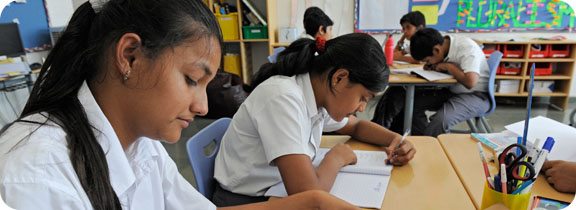
Admissions
The network of Aga Khan Academies has been established to provide exceptional students from all backgrounds with an outstanding education. Admissions are currently being accepted for the Primary Years, Middle Years and Diploma Programmes in both Mombasa and Hyderabad and for the Primary Years Programme in Maputo.
The Academy seeks students from pre-primary through higher secondary levels representing a diverse range of economic, cultural, ethnic and religious backgrounds. Students should have the ability and motivation to excel academically and should demonstrate leadership in community service and other co-curricular pursuits.
Selection is means-blind and competitive, based on student merit.
The Academy endeavours to meet the demonstrated financial need of each admitted student.
Candidate characteristics
The admissions committee evaluates candidates based on a range of measures and selects those demonstrating a high level of motivation and commitment to learning, a strong sense of integrity and respect for others from diverse backgrounds.
Successful applicants typically demonstrate the following characteristics:
"The students at this institution will be distinguished not only for their academic capacity, but for their character and commitment to citizenship."
- a record of outstanding academic achievement or potential
- highly motivated and intellectually curious
- a strong sense of integrity – the capacity to judge right and wrong and to stand up for one’s principles
- a high level of social awareness, including openness and sensitivity to those of different backgrounds
- the desire to work towards, and instigate, positive change
- leadership in community service, student government and/or sporting activities
- notable accomplishments in the visual or performing arts.
Please visit the websites of the individual Academies for further information and application forms.
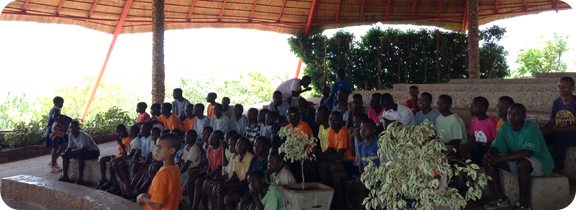
Community Links
The vision set out by His Highness the Aga Khan is for each Academy to become an integral part of the greater community in which it resides. This value applies not only to the students but also to the teachers at each of the Academies.
This focus comes into play at the admissions stage where potential students are chosen not only for their thirst for knowledge and intellectual merit, but also for having a high level of social awareness. This includes the desire to work towards, and instigate, positive change and the potential for leadership in community service.
Community service plays a large part in each of the levels of education offered at the Academies, which in turn allows for graduates that are civic minded. In choosing the sites for each school, special attention is paid to not only what the area can offer the students but also what the Academy can offer the community.
While supporting students in developing an understanding of global issues, the Academies’ educational programmes also reflect great sensitivity to local languages, history, cultures and environment. Each school is committed to inspiring and empowering students to use their gifts for the betterment of humanity.
Creativity, activity, service
In choosing the International Baccalaureate programme, the Aga Khan Academies chose to incorporate the creativity, activity, service (CAS) component.
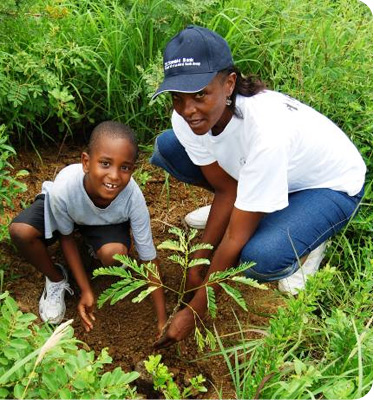
This integral programme is designed to create global citizens through active participation in and reflection upon experiences gained through a variety of creative endeavours, physical activities and community service projects.
Students develop a greater level of self-confidence, teamwork and leadership skills, and a sense of civic responsibility.They take part in sustainable projects that have real and lasting effects on the greater community. And they develop strength of character and an understanding of their ability to bring about change.
The CAS programme is valued for its power to transform not only the lives of students but also those with whom the students interact.
It also serves as a platform for interpersonal exchange, personal growth and greater understanding of the issues we face as a global community.
For more information of our CAS projects in action, visit our school websites.
Professional development outreach
Emphasis on community outreach and service is extended to the staff at each Academy as well, especially the teaching staff.
Each school will incorporate a Professional Development Centre (PDC), which will promote excellence in teaching on campus and strengthen the profession of teaching in the region as well.
"At the Academy, I feel part of a community. I am active in service projects that are making a real and lasting difference to people. I had no idea how important this would become for me."The Academy’s PDC supports excellence in teaching by promoting best practices in teaching and learning and by providing ongoing, collaborative training of Academy faculty as well as teachers and headteachers from neighbouring government, private and not-for-profit schools.
Faculty members are also enriched by opportunities to collaborate with colleagues across the globe and to teach abroad within the Aga Khan Academies network.
